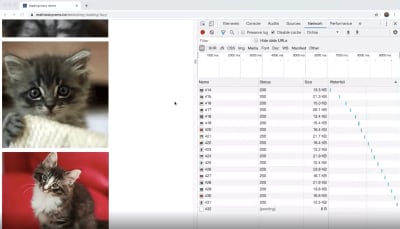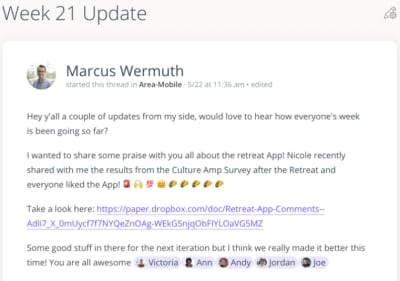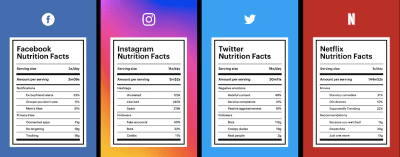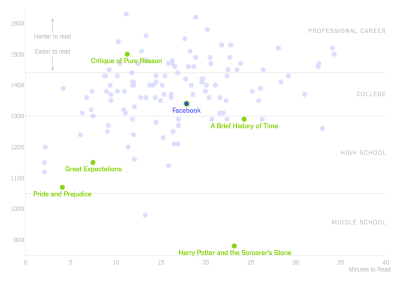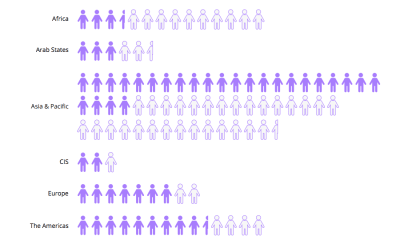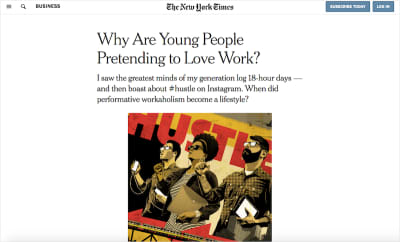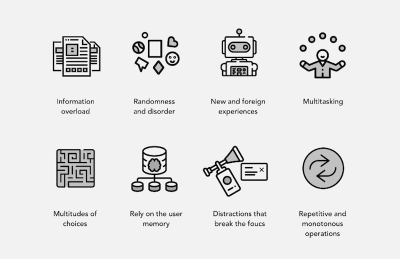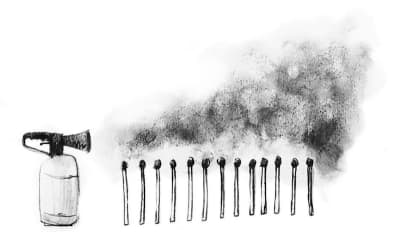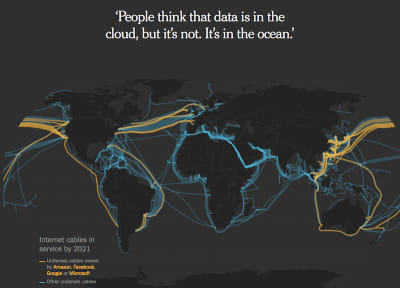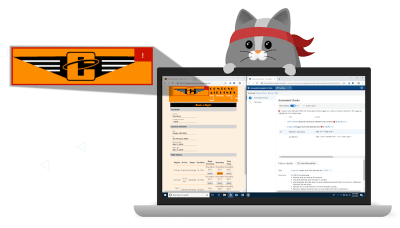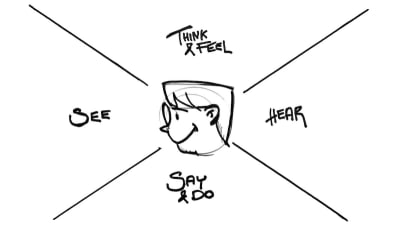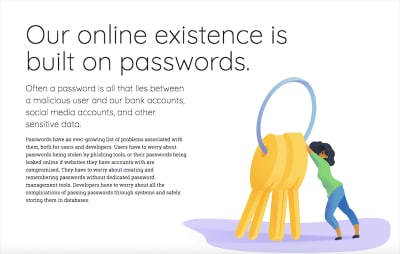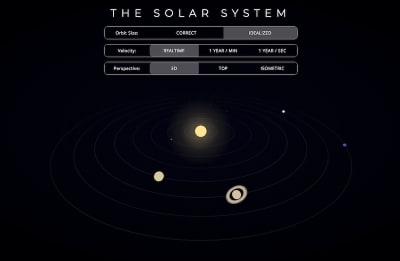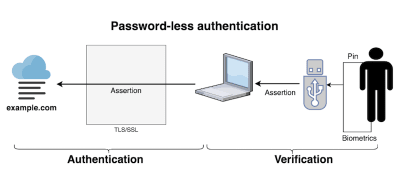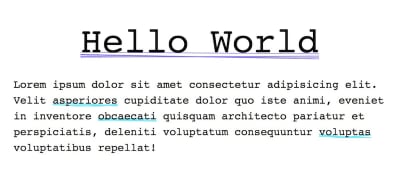Monthly Web Development Update 9/2019: Embracing Basic And Why Simple Is Hard
Anselm HannemannEditor’s note: Please note that this is the last Monthly Web Development Update in the series. You can still follow the Web Development Reading List on Anselm’s site at https://wdrl.info. Watch out for a new roundup post format next month here on Smashing Magazine. A big thank-you to Anselm for sharing his findings and his thoughts with us during the past four years.
Do we make our lives too complex, too busy, and too rich? More and more people working with digital technology realize over time that a simple craft and nature are very valuable. The constant hunt to do more and get more productive, with even leisure activities that are meant to help us refuel our energy turning into a competition, doesn’t seem to be a good idea, yet currently, this is a trend in our modern world. After work, we feel we need to do two hours of yoga and be able to master the most complex of poses, we need a hobby, binge-watch series on Netflix, and a lot more. That’s why this week I want to encourage you to embrace a basic lifestyle.
“To live a life in which one purely subsists on the airy cream puffs of ideas seems enviably privileged: the ability to make a living merely off of one’s thoughts, rather than manual or skilled labor.”
— Nadia Eghbal in “Basic”
What does basic stand for? Keep it real, don’t constantly do extra hours, don’t try to pack your workday with even more tasks or find more techniques to make it more efficient. Don’t try to hack your productivity, your sleep, let alone your meditation, yoga, or other wellness and sports activities. Do what you need to do and enjoy the silence and doing nothing when you’re finished. Living a basic life is a virtue, and it becomes more relevant again as we have more money to spend on unnecessary goods and more technology that intercept our human, basic thoughts on things.
News
- Firefox 69 is out, bringing us JavaScript public instance fields, Resize Observers, Microtask APIs, CSS
overflow-block, and@supportsfor selectors.
General
- Chris Coyier asks the question if a website should work without JavaScript in 2019. It breaks down to a couple of thoughts that mainly conclude with progressive enhancement being more important than making a website work for users who actively turned off JavaScript.
Privacy
- Brave’s research reveals how Google works around the legal requirements of the GDPR directive on its DoubleClick service, exposing private user data to millions of websites without any control.
UI/UX
- In our modern world, it’s easy to junk things up. We’re quick to add more questions to research surveys, more buttons to a digital interface, more burdens to people. Simple is hard.
Web Performance
- So many users these days use the Internet with a battery-driven device. The WebKit team shares how web content can affect power usage and how to improve the performance of your web application and save battery.
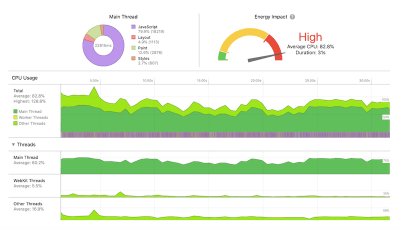
JavaScript
- Philip Walton shows how we can use native JavaScript modules in production today.
Tooling
- There’s a new tool in town if you want to have a status page for your web service: The great people from Oh Dear now also provide status pages.
- Bastian Allgeier shares his thoughts on simplicity on the web, where we started, and where we are now. Call it nostalgic or not, the times when we simply uploaded a file via FTP and it was live on servers were easy days. Now with all the CI/CD tooling around, we have gotten many advantages in terms of security, version management, and testability. However, a simple solution looks different.
Accessibility
- Adrian Roselli shares why we shouldn’t under-engineer text form fields and why the default CSS that comes with the browser usually isn’t enough. A pretty good summary of what’s possible, what’s necessary, and how to make forms better for everyone visiting our websites. It even includes high-contrast mode, dark mode, print styles, and internationalization.
Work & Life
- Adam Blanchard summarized his notes and thoughts from TechFestival in Copenhagen and shares behaviors that transform organizations.
- Claire Lew explains why the question of how to motivate employees is misguided and how great managers support their employees’ thoughts and ideas to foster self-motivation.
- A lot of developers hate to be interrupted as it can harm productivity for hours. Samuel Taylor wrote a thought-provoking article to help us understand why a “developers vs. others” mentality decreases trust in a team and how you can take matters into your own hands, asking yourself why people interrupt you and take this as a chance to improve.
- Nadia Eghbal shares why externalizing all our thoughts is not only a good thing. Embracing the basic in our lives is a virtue we should focus on more and this article is great food to make us think.
- A method to solve the problem of that one thing on our task list that is “so meaningful and important that it brings up a ton of uncertainty for us, and causes us to avoid, run, distract, comfort, procrastinate.”
Going Beyond…
- Snøhetta’s Powerhouse Brattørkaia produces twice the energy it uses with clever architecture and technology like solar panels all over the place. Isn’t that an office building we’d love to go to for work?
- It might be that scientists have been underestimating the pace of climate change as the sea temperature measurements which were made in the past decade lacked accuracy.
- This isn’t business as usual. Business as usual has time but we can use a short break to finally start shaping our future. From September 20th to 27th, millions will join young climate strikers on the streets and demand an end of the age of fossil fuels. I’m ready and will support this movement. Let’s do our best to cut down emissions — by driving less or flying less, especially if it’s “for fun”. Together we can change everything.
—Anselm
 (cm)
(cm)


